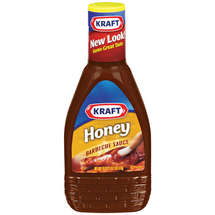The sanctions against Iran and other countries have ruined a number of small companies the world over, so when the reports came out that the Treasury Department was cheerfully giving “special licenses” to certain well-connected companies like Kraft and Pepsi to ignore the blacklist it understandably irked a number of people.
 It seems to have been lost on the Treasury Department exactly why people were upset at the revelation, however, as officials insisted that the deals were “trivial” and that letting Kraft and Pepsi make a little money in sanctioned nations wasn’t stopping the US from really sticking it to Iran with sanctions.
It seems to have been lost on the Treasury Department exactly why people were upset at the revelation, however, as officials insisted that the deals were “trivial” and that letting Kraft and Pepsi make a little money in sanctioned nations wasn’t stopping the US from really sticking it to Iran with sanctions.
The sanctions included built-in waivers for “humanitarian goods,” which in the context of these companies means things like cigarettes and hot sauce. The Treasury Department defended the waivers, saying not granting them for humanitarian reasons would “undercut” efforts against the Iranian government.
Adding to the crooked way in which waivers were handed out to certain big companies while smaller ones found themselves unable to even theoretically compete in these foreign markets, the Treasury Department also appears to have spent ridiculous amounts of money debating the waivers, with one official saying that they spent an entire month debating whether or not to allow Wrigley’s Chewing Gum to be imported to Iran under a humanitarian waiver as food. The gum, owned by the Mars company, was allowed.


